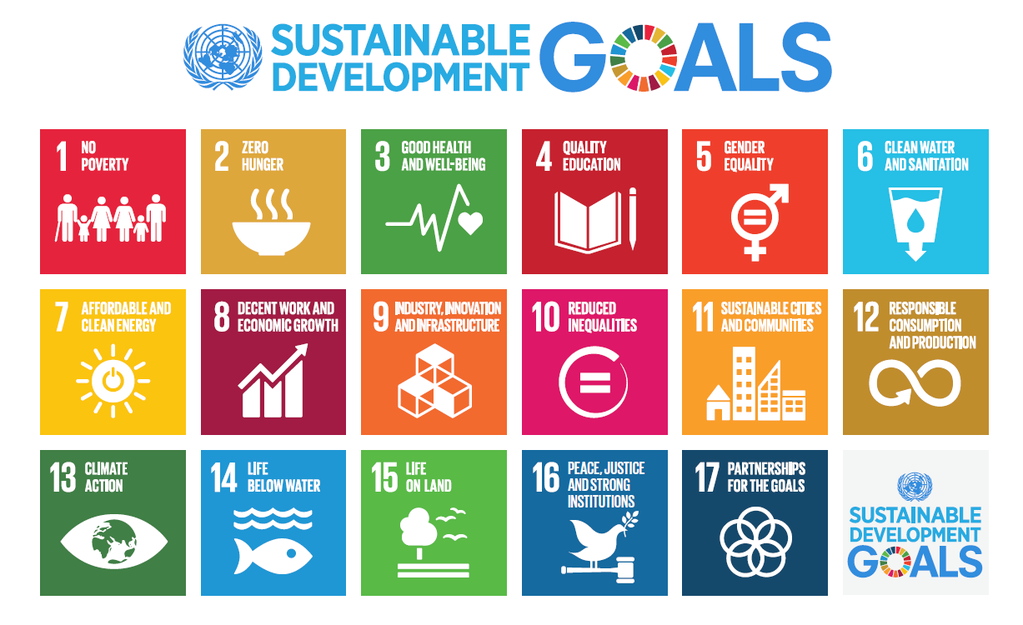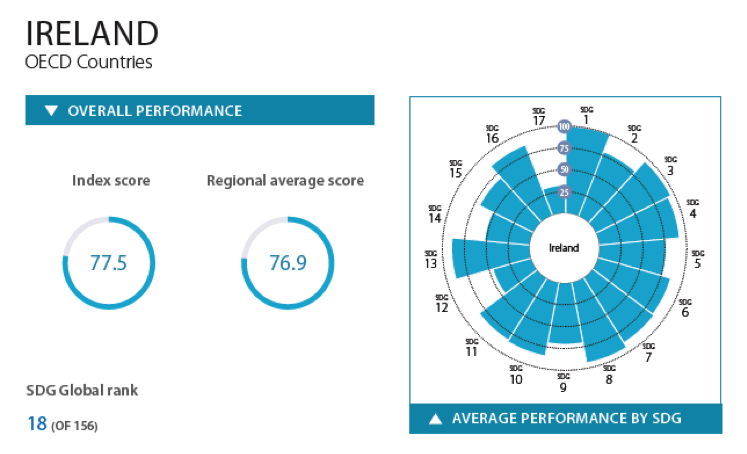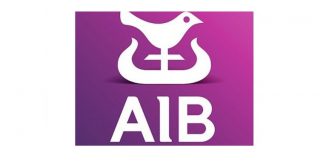New series: Sustainable Development Goals & Business
We are delighted to launch a new series for business on the Sustainable Development Goals. Over the next months we will be delving into the SDGs with a series of articles from our expert Sustainability and CSR advisers. Our first article will provide readers with an overview of the SDGs in Ireland and future pieces will include:
1. How can business advance the Sustainable Development Goals?
2. Integrating the SDGs into business strategy
3. Collaborating on SDGs for impact and systemic change
5. Sustainable Development Goals Reporting and Communications
Also to note is a members workshop planned for members on the 27th of June on Integrating the SDGs in your business strategy.
SDGs and Ireland
Ireland National Implementation plan for the SDGs was released on 26 April 2016 and marks a key step in the integration of the SDG’s into Irish policy and a key role in Government in delivering on progress. Ireland has adopted a ‘whole of government’ approach which means that individual government departments will have ownership of the SDG targets most relevant to their operations. This mainstreaming process maps existing national policies against the SDG’s and will be reflected in their communications and reports on their sectoral polices.
In July 2018, Ireland presented a Voluntary National Review which addressed each of the 17 SDG’s to highlight Ireland’s national performance in detail and prioritised the most urgent needs of the country. Performance in many areas are positive, however, specific challenges exist in relation to the area such as housing, levels of obesity, biodiversity, mitigating and adapting to climate change, addressing inequalities and mainstreaming a gender perspective into policy.
Monitoring and tracking performance
While it is early days yet in the measurement and tracking of performance, The Sustainable Development Goals Index and Dashboards Report compare different nations’ performance on the 17 goals at the centre of the UN’s sustainable development agenda. The 2018 report is the first worldwide study to assess where each country stands with regard to achieving the goals. Ireland ranked 18 out of 156 nations, which is commendable for any global index for a small nation.
Business engagement
In a recent survey conducted with our member companies participants showed a positive outlook, but a great deal of uncertainty about how best to engage. Whilst the Goals offer a new and vital opportunity for positive economic, social and environmental change, the scale, scope and complexity of the transformation required will need major alliances and support from leadership teams to overcome the many challenges.
Approximately, half (52%) of our members declared they are starting to integrate SDGs into business strategy. This is being driven by international companies who have reached higher levels of integration and sustainable reporting but there is also a need to translated Global SDG strategies into local requirements. The importance of Goals is acknowledged by the majority of companies attending BITC events, requesting workshops and incorporating the goals into materiality assessments.
Awareness and support for the Sustainable Development Goals
To date, there has been very little direct engagement with business from the Government on this agenda in comparison to civil society. The National SDG Stakeholder Forum provides a mechanism for key stakeholders to engage on an ongoing basis in the national implementation of the Goals, stakeholders as SDG champions (yet to be selected) are invited to propose ideas to raise awareness in their various networks and demonstrate their relevance of the SDG across sectors.
The CSR Forum supports business adopting CSR into their core business strategy. Their annual report and online platform encourages business to incorporate SDG’s into strategic planning, participate in networks and business chambers and provides best practice guidelines and case studies.
Geohive is Ireland’s public platform for exploring, downloading and combining publicly available data relating to the UN and the European Union (EU) Sustainable Development Goals. Developed as part of a collaborative project between the Central Statistics Office (CSO) and Ordnance Survey Ireland (OSI), Geohive utilises state of the art geospatial technology, made available by ESRI Ireland, to map Ireland’s progress against each goal, using a set of globally and EU agreed Indicators.
Make Ireland Sustainable is a collaboration between 25 project partners across 12 EU member states aiming to raise awareness with SME’s at a local community level and encourage action through funding and support. The project is being implemented in Ireland by the Irish Environmental Network, World Vision Ireland, ECO UNESCO and Social Justice Ireland.
Coalition 2030 is an alliance of over 100 civil society organisations working together to ensure Ireland keeps its promise to achieve the SDG’s both in Ireland and abroad. The coalition is made up of both international and domestic NGO’s along with youth organisations, environmental groups, academics and trade unions who identify and report on key issues that warrant particular attention with regard to Ireland’s implementation of the SDG’s.
Collaborting on SDGs for impact and systemic change
Radical transformation is required to deliver the UN Sustainable Development Goals and by working together, businesses can rally for transformative, systemic change in a much more powerful way. Using the SDGs as its compass, the business has the capacity to shift the world’s trajectory, and by working with governments and partners around the world, can address the social inequality and environmental issues catastrophes that we have created.
Leading companies have begun to scale up their efforts to plot a common SDG vision for their industrial sectors and develop detailed ‘roadmaps’ to establish a collective pathway to accelerate contribution. This, in turn, helps the sector to collectively strengthen its licence to operate, manage operations and regulatory risks, and opens up growth markets. WBCSD is working directly with numerous sectors on their road-mapping initiatives and has also published freely available guidelines which outline best practice in terms of the road-mapping process.
In Ireland we are starting to see industry collaboration across a number of sectors; the Origin Green Programme brings together the food industry with a common of sustainable food production. The Retail Action Group has signed the Food Waste Charter to reduce food agree and implement a transparent system of measuring wasted food and employ specific food waste prevention measures, where this initiative specifically aligns to SDG 12.3.
Collaboration with business and environmental factions has created Ireland ’s first interactive climate change – Cool Planet, which aligns to SDG11, SDG12 & SD17. The BITC Leaders Group is supporting Ireland’s business sector in the transition to a low carbon economy with the launch of the first dedicated Low Carbon Pledge to set industry standards on sustainability and reduce carbon usage. To date over 50% of BITC member companies have signed the agreement. A further outcome of this group is the Inclusive Employee blueprint, a practical guide to create inclusive workplaces and reduce inequality in Ireland. This programme aligns to SDG4, SDG5 & SDG8
How we can support you
We target the realisation of the Goals through our core service offerings which have been aligned to the SDGs. This includes strategy, education, training and events programmes, as well as the Business Working Responsibly Mark, our Business Action on Education and Employment programmes and all marketing communications.
Our key focuses:
- As members or the National Stakeholder Forum on the SDGs, we collaborate with the Irish Government on the role of the Irish Private Sector to the SDGs and its overall impact and contribution
- Facilitate SDG workshops with member companies to align business strategy to the Goals
- Facilitate sector collaboration with multiple stakeholders including work as part of the Leaders’ Group on Sustainability and active members of the CSR Forum
- Sign up to the Carbon Pledge and the Inclusive Employer framework
- BITCI Events and Training calendar








